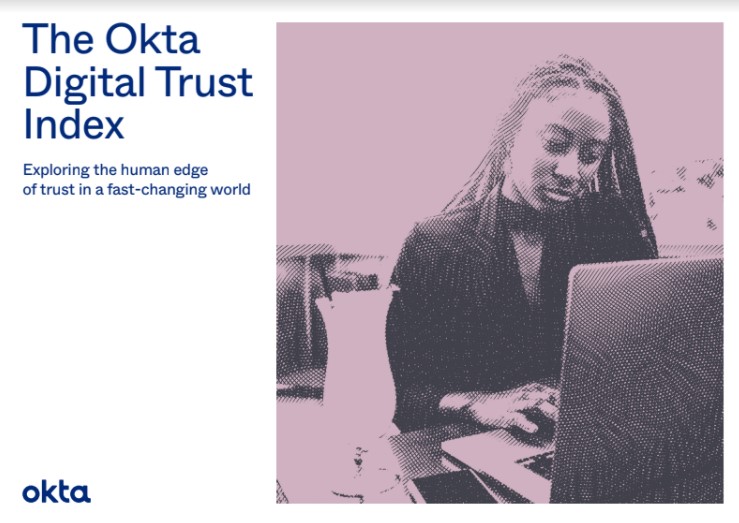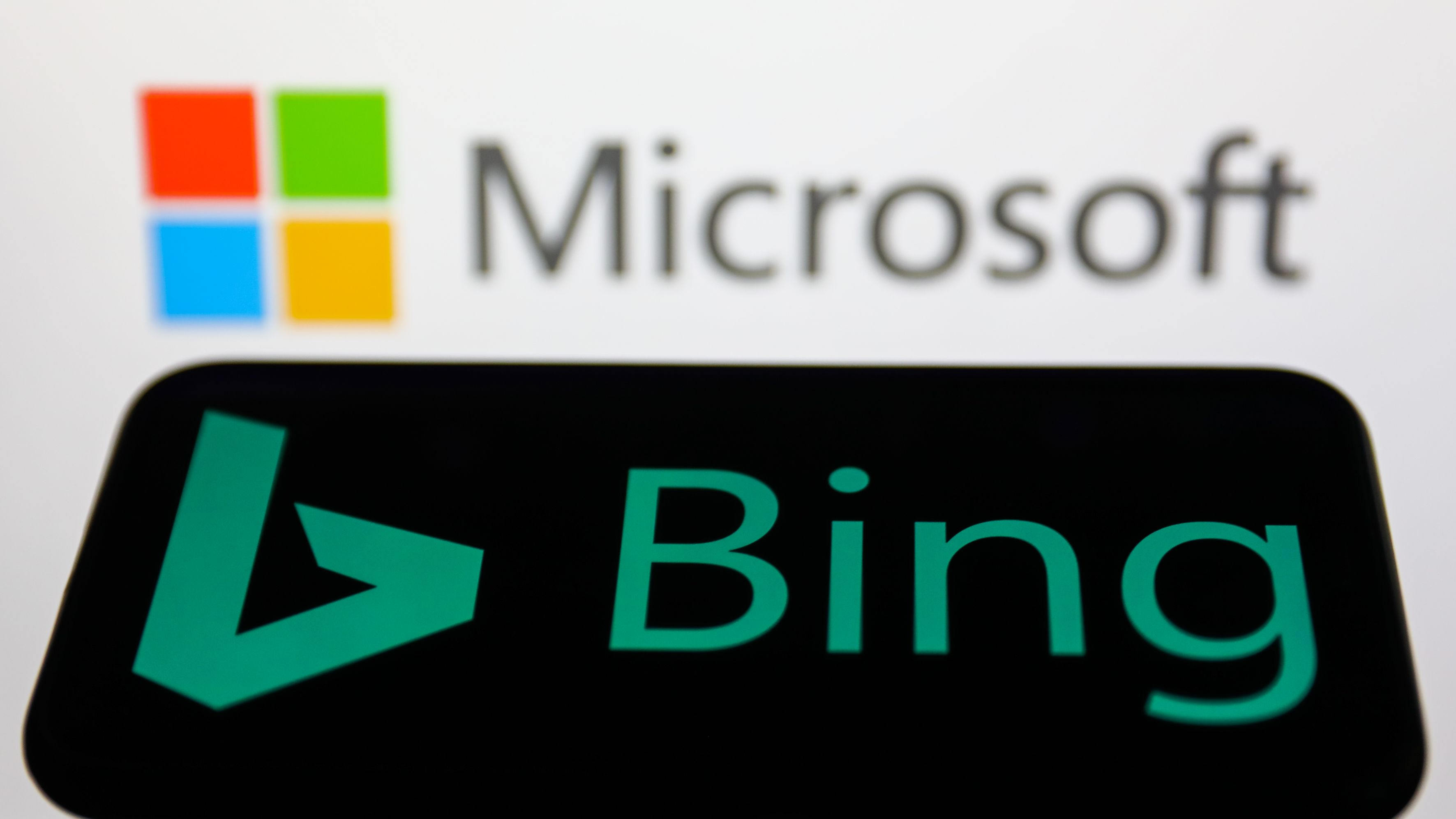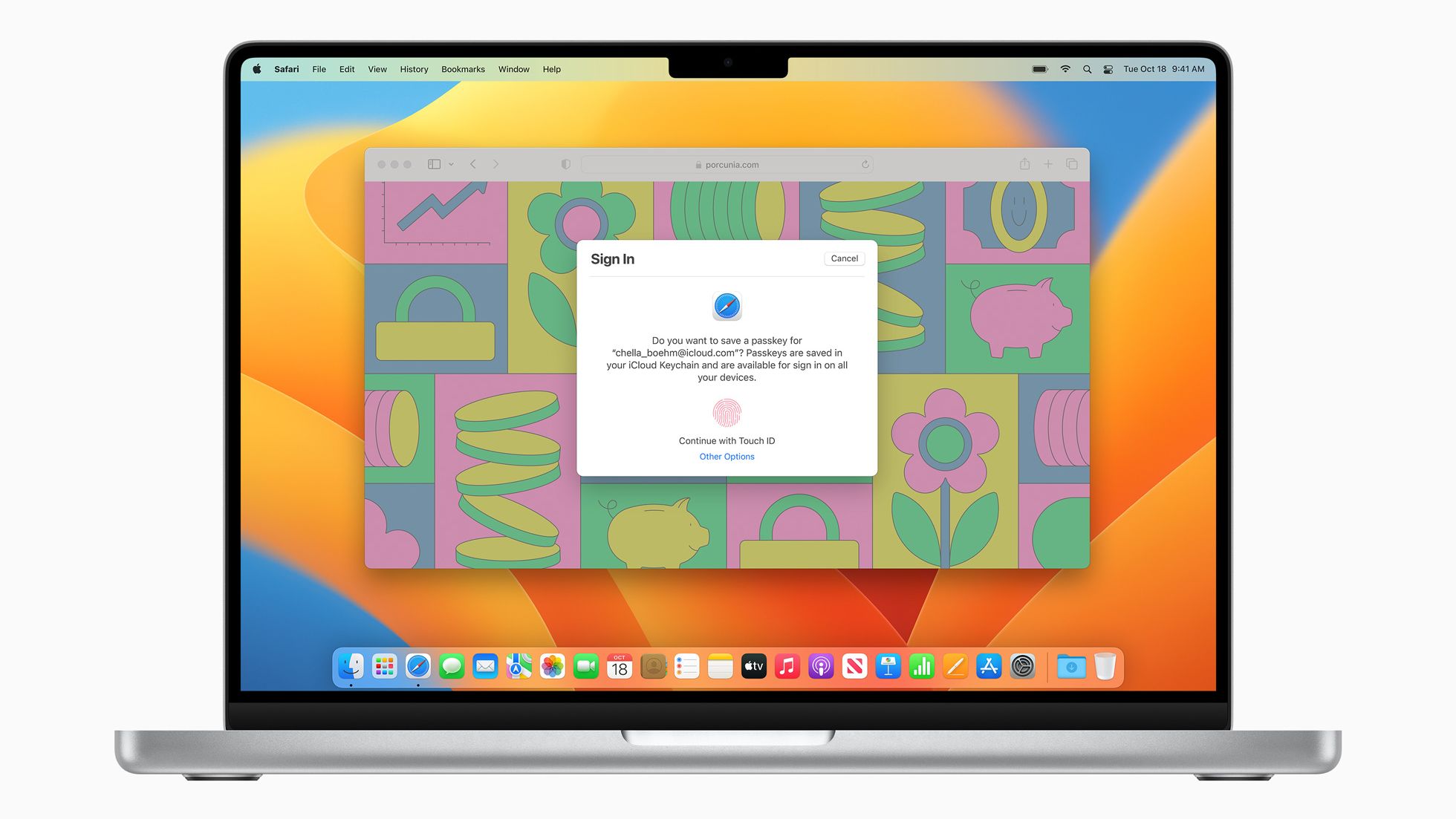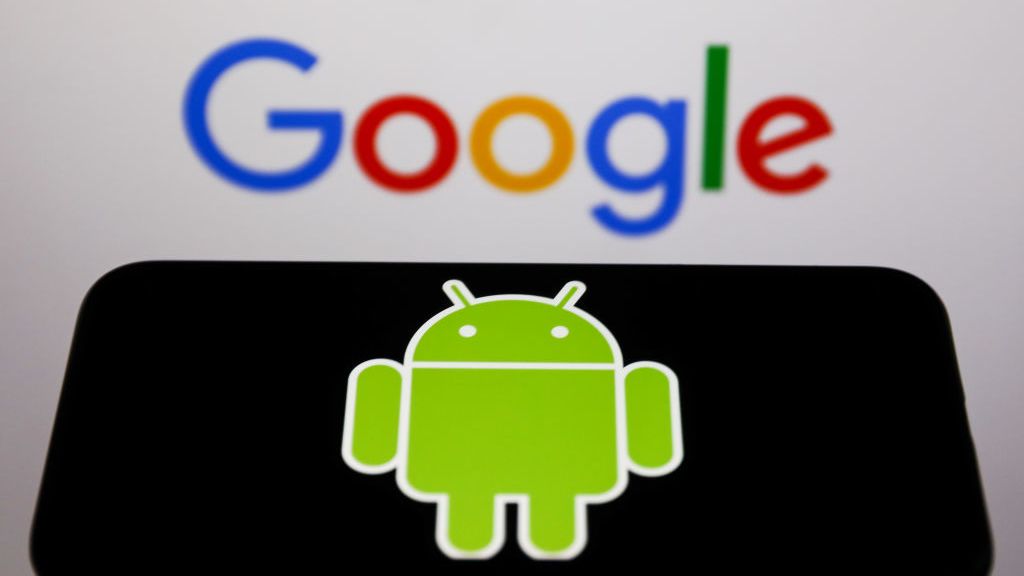Nikulipe: Has COVID democratised online payments?
With more customers forced to buy online, are merchants offering the right ways to pay?


Family shopping trips and keeping track of spending has arguably become much easier since the inception of the internet, especially in recent years. Although going cash-free has made spending more abstract, anyone in the world can download an app, or go online, to satisfy their shopping needs. This is instead of trawling through shopping centres and queuing up at banks. Instant check-outs, as well as till-free shopping, has further expedited this process, giving customers the ability to find a product and order it as quickly as possible while charging the cost to a card previously used.
It’s great for most Western countries, where markets revolve around plastic payment cards, especially with COVID-19 encouraging so many retailers to go cash-free. This isn’t the norm, however, in many other regions throughout the world, such as the Baltics, where credit and debit cards are scarce.
As Nikulipe CEO Frank Breuss explains, merchants often struggle to offer payment methods people are comfortable using. “When you talk to people in the UK or in the US, they often ask what the local payment methods are because they assume everybody has a card,” Breuss says. “But the reality is, in many markets around the world, the preferred method of payment isn’t card. In the past, local payment methods were called “alternative payment methods”, but if you look at the Netherlands, the alternative payment method has a 70% market share, so it isn’t the alternative – the card is the alternative.
“Similarly, in countries like Lithuania, online shops offer credit cards and PayPal, but the preference of consumers is actually to pay using their bank account. This could be a problem for merchants as they need to have a button on the check-out page for each bank, which adds complexity and can make the consumer think twice about their purchase.”
Unlocking new payments
These alternative payment methods include familiar ways to pay, such as direct exchanges from bank accounts rather than via debit cards, online wallets such as PayPal, AliPay and Tencent, as well as buy now, pay later services like Klarna. Other, less familiar payment methods include paying using direct debit and, in some regions, using cash, where customers can buy online but pay at their local post office or corner shop.
Nikulipe’s Banklinq platform collates the various methods and financial service providers across a region for consumers to use when purchasing products and services online. In practice, it means Banklinq becomes the only payment method merchants need to offer during the checkout process for potentially hundreds of different banks and payment methods, removing the complexity that currently exists for many vendors. This is made possible thanks to the Payment Services Directive (PSD2) open banking legislation that makes it compulsory for banks to offer application programming interfaces (APIs) for third parties to securely, and with permission, pull information from customers’ accounts.
The API is based on the NextGenPSD2 framework created by the Berlin Group, an association of more than 40 banks based in the EU, and was modified to match Nikulipe's implementation. The NextGenPSD2 framework offers an open and interoperable set of APIs to ensure the safest and most efficient way to provide data securely.
Get the ITPro daily newsletter
Sign up today and you will receive a free copy of our Future Focus 2025 report - the leading guidance on AI, cybersecurity and other IT challenges as per 700+ senior executives
It reduces complexity and costs when it comes to accessing accounts, referred to in the industry as XS2A, and addresses the problem of multiple competing standards in Europe. It also shares the same goals as the Euro Retail Payments Board, enabling European banking customers to benefit from banking as a service (Baas) products by granting third parties safe and secure access to their bank accounts and financial data.
RELATED RESOURCE

Despite this legislation, Breuss laments that one of the challenges Nikulipe has had to overcome is the quality of the APIs they integrate with. “Nikulipe has been able to take advantage of the technical and legal opportunity open banking has created,” he says. “However, although the legislation is very clear that the banks have to offer an API, the reality is that the quality and the promise of these APIs is very different from the APIs the banks deliver.
“It sounds very easy to connect to open banking API's but banks often do the bare minimum to enable these integrations because they see it as enabling competition, which has been tricky to overcome while providing a smooth and efficient solution to consumers.”
Falling at the final hurdle
The need for banks to provide APIs so people can make online purchases more easily may have been hard to envision in Northeast Europe two years ago. Breuss paints a picture of people stuck in their ways, especially in the rural areas, but the pandemic, he continues, has forced more people to go online for more of their products. This has created a necessity for merchants to offer payment methods that many more people are comfortable using.
Although there are no specific future plans for expansion, he adds, Nikulipe will continue to enter markets where payment methods offered by merchants don’t match the preferences of customers. “I think the pandemic has affected the growing markets in three ways,” he explains. “Firstly, merchant industries that were reluctant to go online are now online. Second, I think new consumer groups have been met, and finally, mainly outside Europe, the lockdown opened up the market for streaming products and has meant consumers are used to subscription models.
“Now, the trend for local payment methods is not a new one and it's not one that’s come from the pandemic, but I think this is a trend that all businesses need to be focussed on. Merchants should not only think about how the local market wants to pay, because anyone who doesn’t want to pay with a card, for example, will not purchase from them. The worst thing that can happen is you invest money to get a customer to your website and put something in a cart, just to lose them because they can’t pay as they want to. That’s why offering local payment methods will be a key success factor for businesses going forward.”
Elliot Mulley-Goodbarne is a freelance journalist and content writer with six years of experience writing for B2B technology publications, notably Mobile News and Comms Business. He specialises in mobile, business strategy, and cloud technologies, with interests in environmental impacts, innovation, and competition. You can follow Elliot on Twitter and Instagram.
-
 CISA issues warning in wake of Oracle cloud credentials leak
CISA issues warning in wake of Oracle cloud credentials leakNews The security agency has published guidance for enterprises at risk
By Ross Kelly
-
 Reports: White House mulling DeepSeek ban amid investigation
Reports: White House mulling DeepSeek ban amid investigationNews Nvidia is caught up in US-China AI battle, but Huang still visits DeepSeek in Beijing
By Nicole Kobie
-
 The ultimate guide to getting your killer app off the ground
The ultimate guide to getting your killer app off the groundIndustry Insight When building software, the process of designing, testing, prototyping, and perfecting your project is never ending
By Jon Spinage
-
 Microsoft hikes Bing Search API prices to “reflect technology investments”
Microsoft hikes Bing Search API prices to “reflect technology investments”News Microsoft cited recent high-profile investments in Bing as justification for the price increases
By Ross Kelly
-
 New macOS Ventura security features make for a compelling upgrade
New macOS Ventura security features make for a compelling upgradeAnalysis Organisations will be sure to welcome the new security features, as well as the collaboration and organisational tools included in the new free update
By Zach Marzouk
-
 How to turn on Bluetooth for Windows 10
How to turn on Bluetooth for Windows 10In-depth A step by step guide to turning on Bluetooth in Windows 10 and easily connect your keyboard, mouse, headphones, or printer
By Zach Marzouk
-
 Microsoft reveals price decreases for Teams Rooms, new free tier
Microsoft reveals price decreases for Teams Rooms, new free tierNews Under the new plans, businesses with certified hardware can use the service at no extra cost
By Rory Bathgate
-
 Google urges Apple to embrace RCS as standard, ditch SMS for Android texts
Google urges Apple to embrace RCS as standard, ditch SMS for Android textsNews #GetTheMessage seeks to create viral pressure on Apple, with Google shaming its competitor for clinging to standards from which the rest of the market has moved on
By Rory Bathgate
-
 Google to pay $90 million settlement over Play Store billing dispute
Google to pay $90 million settlement over Play Store billing disputeNews The tech giant also announced changes to its Developer Distribution Agreement
By Praharsha Anand
-
 Monday.com adds native monetization tool for Work OS, reducing reliance on third-party apps
Monday.com adds native monetization tool for Work OS, reducing reliance on third-party appsNews New capability streamlines the entire payment and billing process, including VAT and currency conversions
By Praharsha Anand